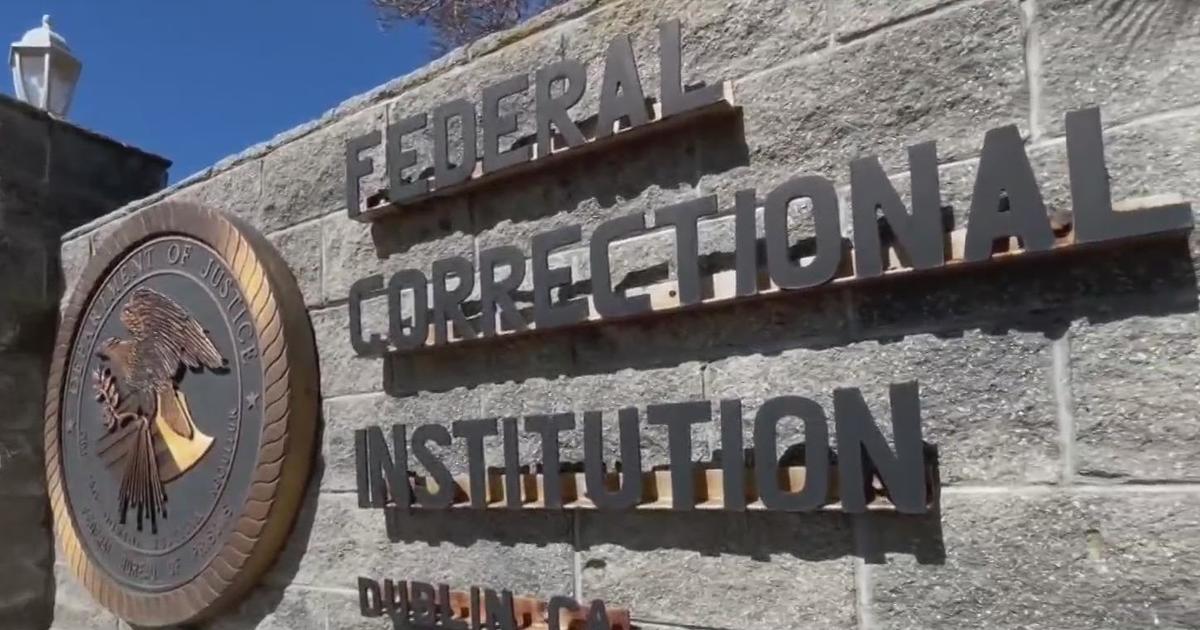California Pension Crisis An Increasing Drag On Cities, Counties
(KPIX 5) -- Cities and counties across the U.S. are going broke trying to keep up with public pension debt. The pension crisis was the topic of a Stanford University media workshop that KPIX 5 attended this week.
"It's the albatross around the necks of cities and counties," Stanford Professor of Public Policy Joe Nation said about public employee pensions. "Unless we do something the system may not survive."
ALSO READ: Report: Six-Figure University of California Pensions Up 60% Since 2012
The biggest system in the country is in California, the public employee retirement system known as CalPERS. The problem is the pension fund doesn't have nearly enough money to cover the cost of current and future employee pensions. It's short according to some estimates by a trillion dollars. "That's equivalent to eight years of the entire state budget," said Stanford Professor of Economics Jeremy Bulow.
Critics say CalPERS has been hiding the enormity of the problem the same way a gambler hides their losses - by assuming that in the future, there will be huge and unlikely returns on their investment. Officially, CalPERS assumes a 7.2 percent annual rate of return on their investments -but most economists believe 3 to 4 percent is more realistic.
"What you were hearing a bit today are folks saying that the return rate should be lower," said Richard Costigan, who sits on the CalPERS Board of Administration. Last December the CalPERS board voted to cut the assumed return from 7.5 percent to 7 percent.
But a smaller amount from investments means more has to come from governments and employees. "This is the difficulty," said Costigan. "If you lower the discount rate you push up the contribution level of employers and employees to address the unfunded liability."
Bottom line: cities, counties, school districts and ultimately taxpayers are footing a much bigger and likely more realistic bill. CalPERS estimates about a third of local and state budgets go to pay for public pensions. Experts at this recent pension workshop estimate it's closer to 60 percent and growing. "Retirement spending has doubled in the last five years, and you ain't seen nothing yet," said Stanford public policy lecturer David Crane.
That could bankrupt some local governments. But San Jose's former mayor Chuck Reed, who pushed hard for pension reform, says it's a bitter pill that we all have to swallow. "You've got to put more money in," said Reed. "All of these solutions ... you've got to put more money in."



